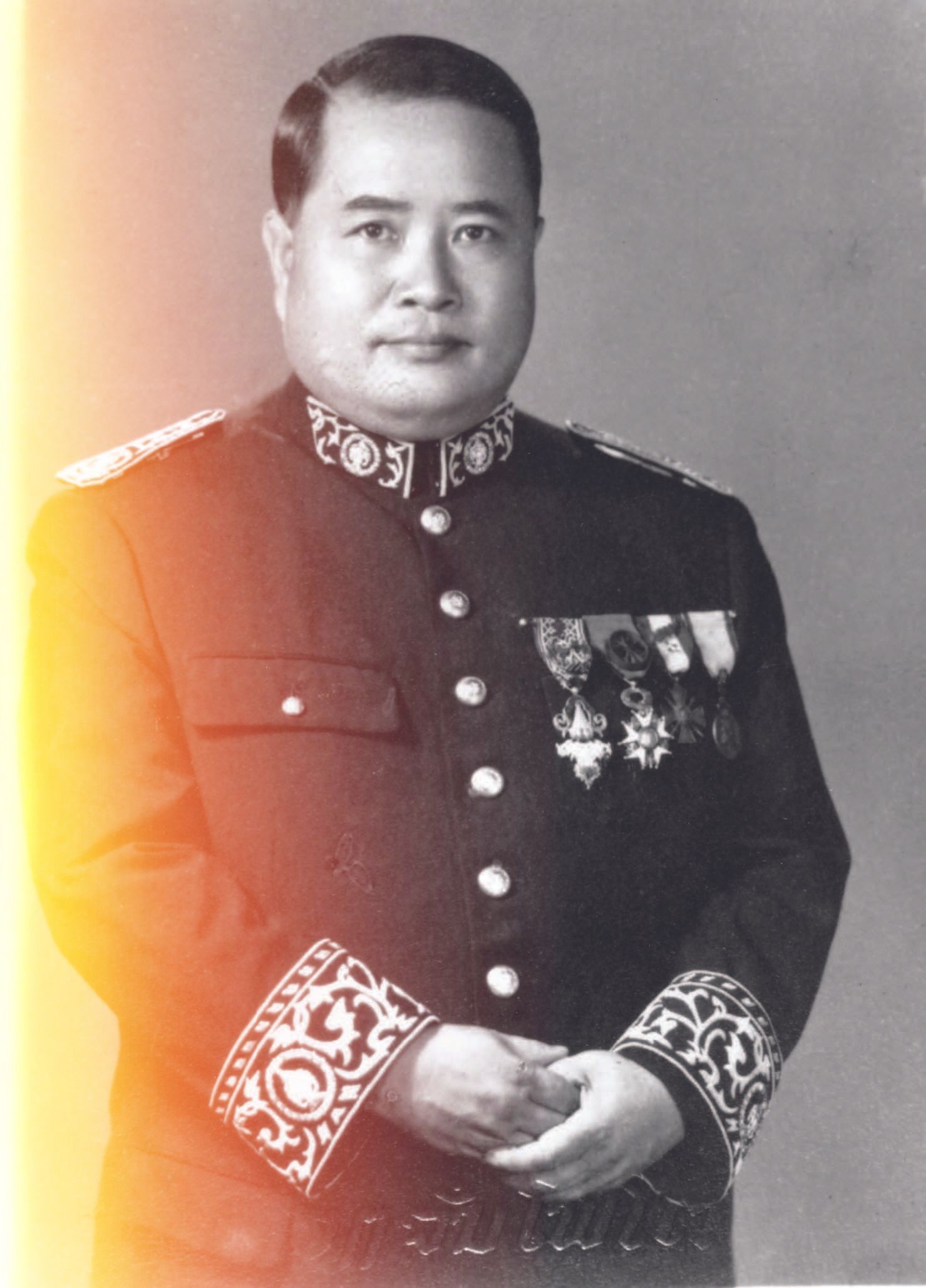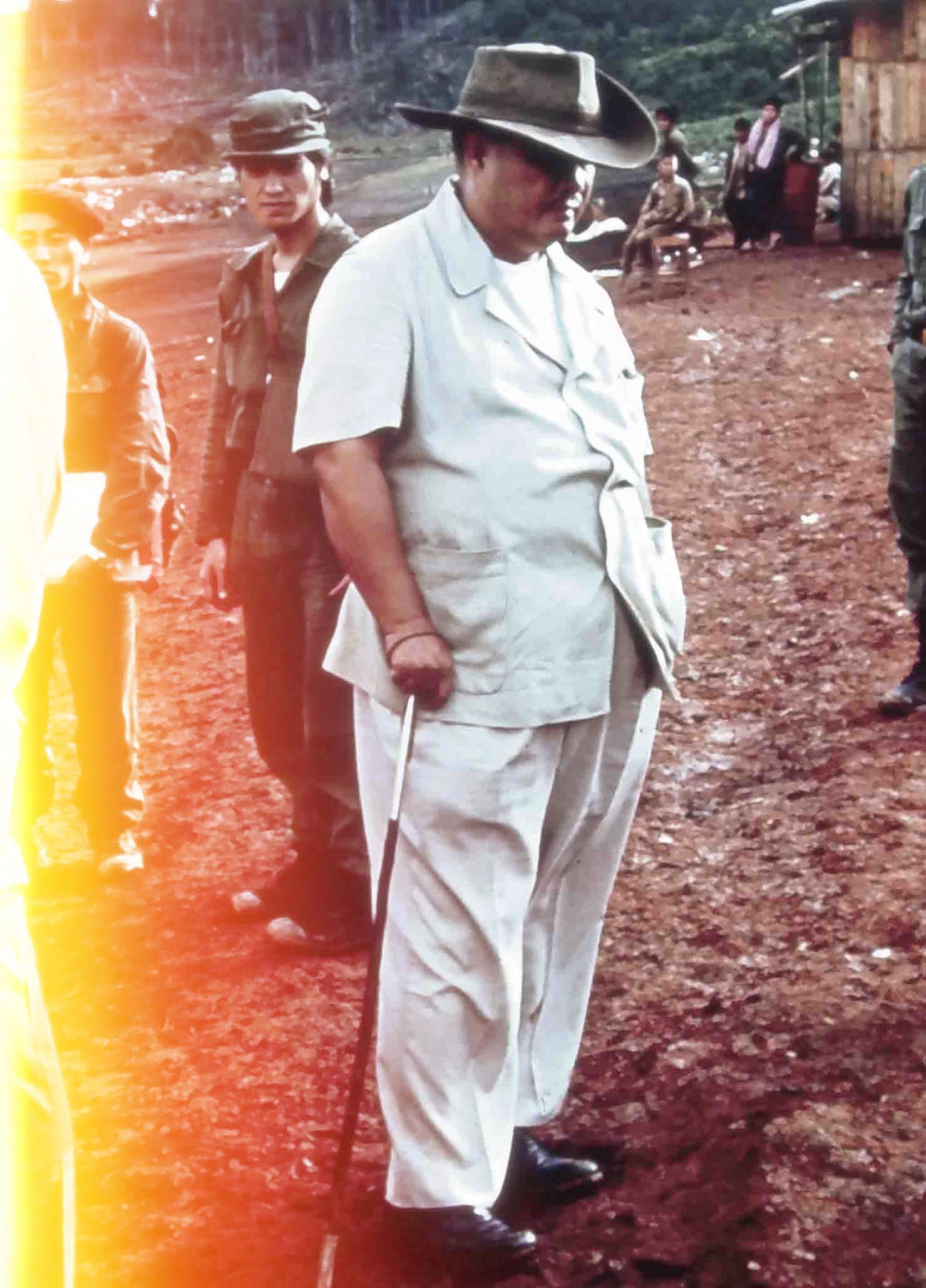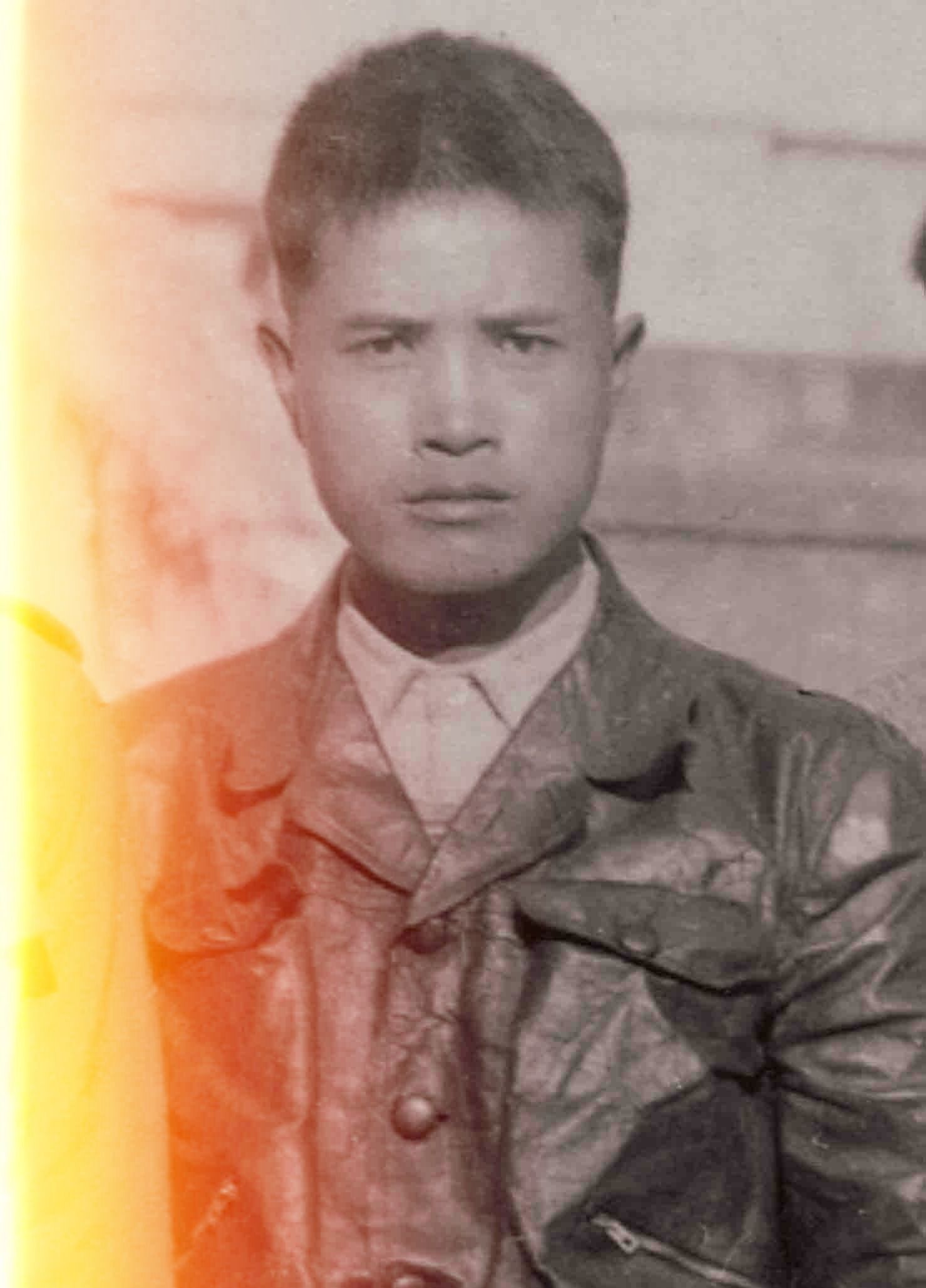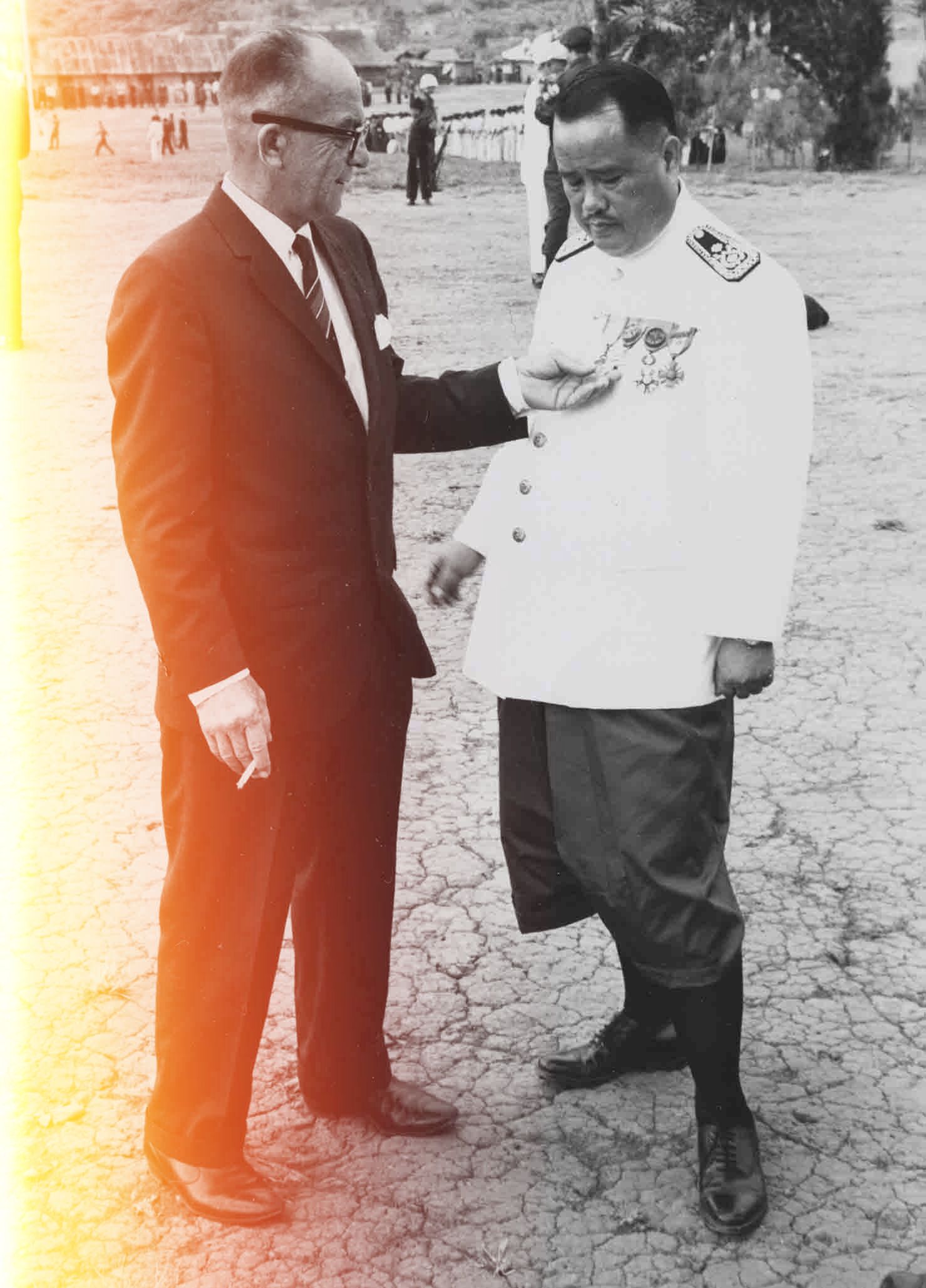
Slide title
Write your caption hereButton
Slide title
Write your caption hereButton
Slide title
Write your caption hereButton
Slide title
Write your caption hereButton
Touby Lyfoung
Phagna Touby Lyfoung was a visionary Hmong leader whose commitment to education, equal opportunity, and integration into Lao society was instrumental in advancing the rights of his people.
Born in 1917 in Nong-Het, Laos, Touby was deeply influenced by his family’s dedication to education and leadership. He played a crucial role in securing Lao citizenship for the Hmong and other ethnic minorities, a milestone that marked significant progress toward equality in education and socio-economic development.
As the Governor of the Hmong people, Touby established the first schools in Hmong villages and recommended key figures for leadership roles, significantly shaping the future of the Hmong community.
Throughout his career, Touby held various important government positions, including Congressman, Minister of Justice, and King’s Advisor. His efforts extended beyond governance; during the war, he coordinated relief efforts for Hmong refugees and advocated for their safety.
Even as political turmoil escalated in 1975, Touby chose to remain in Laos with his people, a decision that ultimately led to his imprisonment in a communist re-education camp, from which he never returned. A respected leader and a passionate writer, Touby’s legacy lives on through his memoirs, published by his son, and through the many honors he received for his service to Laos.
He is remembered as the first Hmong leader to gain national prominence, leaving behind a legacy of 16 children and 87 grandchildren (The Hmong Archives, 2019).
Reference
The Hmong Archives. (2019). Touby Lyfoung: His life, leadership, and legacy.
http://thehaef.org/uploads/3/4/3/9/34394386/2019_touby_lyfoung_final.pdf
Contact Us
2236 N Fine Ave #101
Fresno, CA 93727
United States

This work is licensed under a Creative Commons Attribution-NonCommercial-ShareAlike 3.0 Unported License
All Rights Reserved | Hmongstory Legacy
